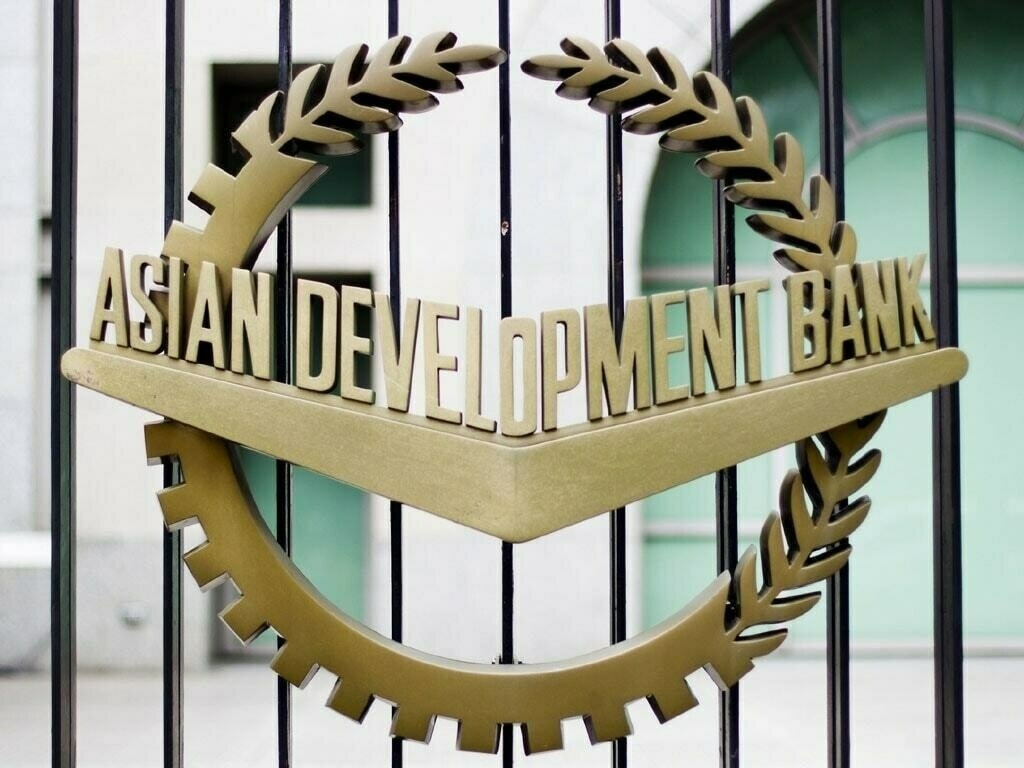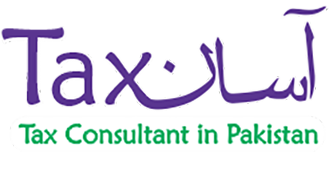Islamabad: the Independent Evaluation Department (IED) of the Asian Development Bank (ADB) has assessed the “Pakistan: Trade and Competitiveness Program -TCP (Subprograms 1 and 2),” valued at $800 million, as highly successful, relevant, and with a high likelihood of sustainability.
In its validation report, the Independent Evaluation Department (IED) highlighted several challenges facing Pakistan, including an increasing fiscal deficit, a significant balance-of-payments gap, and low foreign exchange reserves attributed to a lack of competitiveness and export diversification.
Pakistan’s export performance has trailed behind other competitive nations in South Asia and Southeast Asia over the past decade.

The IED acknowledged the Asian Development Bank’s (ADB) support through the Trade and Competitiveness Program (TCP), aligning with the government’s Strategic Trade Policy Framework (STPF) aimed at establishing a dynamic domestic market and a globally competitive, export-driven economy.
Between 2021 and 2025, the ADB prioritized support for key pillars, including boosting competitiveness and private sector development to generate jobs and expand economic opportunities. The ADB’s financial assistance for industry and trade in Pakistan amounted to .2 billion in 2022.
The program was evaluated as successful, with high relevance, effectiveness, efficiency, and a strong likelihood of sustainability. It was aligned with the ADB’s Country Partnership Strategy (CPS) and the Government of Pakistan’s objectives under Vision 2025. All policy actions were implemented ahead of schedule, with subprograms 1 and 2 presented to the ADB Board in a timely manner.
The sustainability of the program is supported by reforms implemented through decrees, amendments, and the strengthening of institutions, including capacity building for implementing agencies.
Subprogram 2 shared similar risks, which were to be mitigated through ongoing ADB engagement and other donors to initiate a fiscal consolidation program and additional program monitoring under the post-program partnership framework (P3F) to facilitate policy dialogue.
